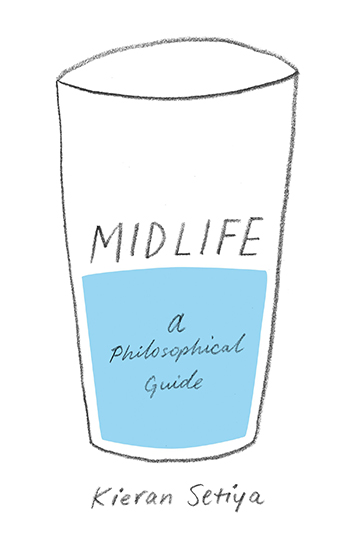When you think about someone having a midlife crisis, you probably think of a man getting divorced, stepping out with a younger woman, and buying a sports car. But my guest today says the often jokey, mockable trope of the midlife crisis we have in our popular culture discounts the fact that the sense of dissatisfaction people can feel in their middle years is quite real, and that the questions it raises are profond, philosophical, and worth earnestly grappling with.
When you think about someone having a midlife crisis, you probably think of a man getting divorced, stepping out with a younger woman, and buying a sports car. But my guest today says the often jokey, mockable trope of the midlife crisis we have in our popular culture discounts the fact that the sense of dissatisfaction people can feel in their middle years is quite real, and that the questions it raises are profond, philosophical, and worth earnestly grappling with.
His name is Kieran Setiya, and he's a professor of philosophy and the author of Midlife: A Philosophical Guide. Kieran and I first discuss what researchers have uncovered about whether the midlife crisis really exists, how it might be better described as a kind of midlife malaise, and how Kieran's own sense of life dissatisfaction began when he was only in his mid-thirties. We then explore the philosophical reframing that can help in dealing with the existential issues that the journey into midlife often raises, including feeling like you've missed out on certain possibilities and feeling regret over your mistakes and misfortunes. We also talk about how to shift out of one primary cause of the midlife malaise — the sense that your life is merely about putting out fires and checking off boxes.
